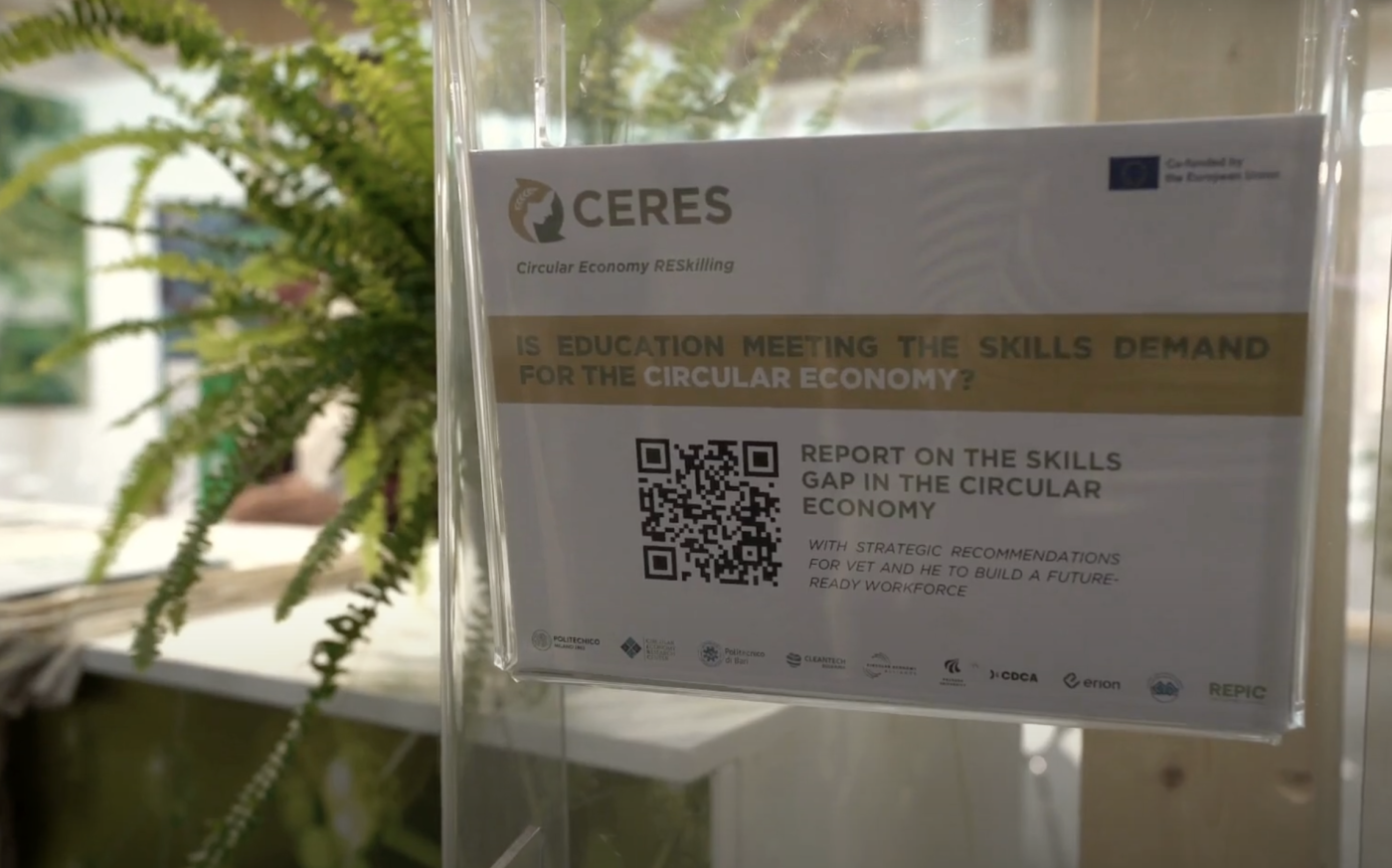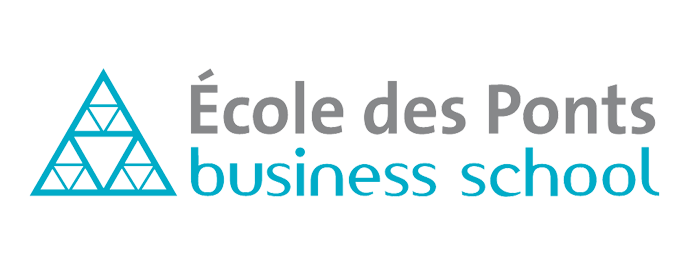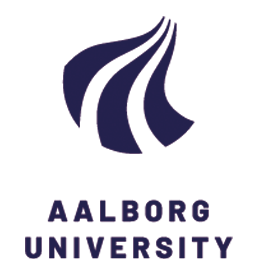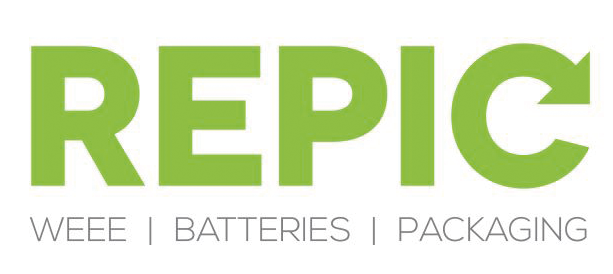CERES at ECOMONDO: Strengthening the link between sustainability and skills development
12 Novembre 2024
Last week, the CERES project made a significant impact at ECOMONDO – Italian Exhibition Group, one of Europe’s leading expos dedicated to green technologies, circular economy, and sustainability. Held at Riminifiera, Italy, the event brought together industry leaders, policymakers, researchers, and innovators, all working towards a more sustainable and resource-efficient future.
Against this backdrop, CERES took center stage on November 7th and 8th, engaging with attendees at Hall Sud, Stand 303. This platform provided a unique opportunity to share the project’s mission to bridge the gap between education and labor market needs in the circular economy sector. Visitors explored CERES’ research-driven curricula, skills development initiatives, and innovative approaches to training the workforce of tomorrow.
Key takeaways from the CERES session on sustainable manufacturing
A major highlight of CERES’ participation at ECOMONDO was a dedicated session on November 8, hosted by Politecnico di Milano, the project’s lead partner. The event at Sala Diotallevi 2 sparked in-depth discussions on sustainable manufacturing, providing insights into the challenges and opportunities shaping the industry’s future.
Experts and stakeholders explored four key themes in sustainable production:
- Product lifecycle circularity – The importance of designing products with reuse, remanufacturing, and recycling in mind, ensuring longer life cycles and less waste.
- Decarbonization & resource optimization – Strategies to minimize carbon emissions and enhance resource efficiency, aligning with circular economy principles.
- Digital product passports – The role of digital tools in improving transparency, compliance, and traceability in manufacturing and supply chains.
- Skills for sustainable innovation – Identifying the competencies and training necessary for professionals to drive the green transition in industry.
The discussion reinforced the urgent need for upskilling and reskilling in sustainable manufacturing. As industries move toward net-zero targets and circular production models, education and training must evolve to equip professionals with the knowledge and skills required to implement these innovations effectively.
Building bridges between education and industry
Beyond technology and policy, the workforce remains the key enabler of the circular economy. A recurring theme throughout the event was the need to connect education systems with real-world industry demands. The CERES project is working to address this gap by designing curricula that integrate scientific research, industry trends, and practical training methodologies.
ECOMONDO provided an ideal setting for CERES to strengthen collaborations with key stakeholders, including:
- Policymakers, to discuss the need for regulatory support for circular economy education.
- Industry leaders, to align training programs with market demands.
- Educators and vocational trainers, to integrate sustainability-focused competencies into academic and professional development pathways.
- Researchers and innovators, to explore new approaches to circular economy training and skills development.
These multidisciplinary exchanges reinforced the idea that the transition to sustainability is not just about technology—it is about empowering people with the right skills and mindset to lead the change.
Looking ahead: a collective commitment to sustainability
As the discussions at ECOMONDO unfolded, it became increasingly clear that the shift to a circular economy requires a coordinated effort between industry, education, and policy. CERES remains committed to driving this change, ensuring that professionals across different sectors are equipped to meet the challenges and opportunities of a greener future.
By actively engaging with stakeholders at events like ECOMONDO, the CERES project continues to strengthen the connection between education and sustainability. As the project moves forward, it will refine and expand its curricula, research efforts, and training programs to further support the transition toward a truly circular and sustainable economy.The insights gained at ECOMONDO will serve as a foundation for CERES’ ongoing work, reinforcing the message that sustainability is not just a goal—it is a process that requires collaboration, education, and action at every level.










